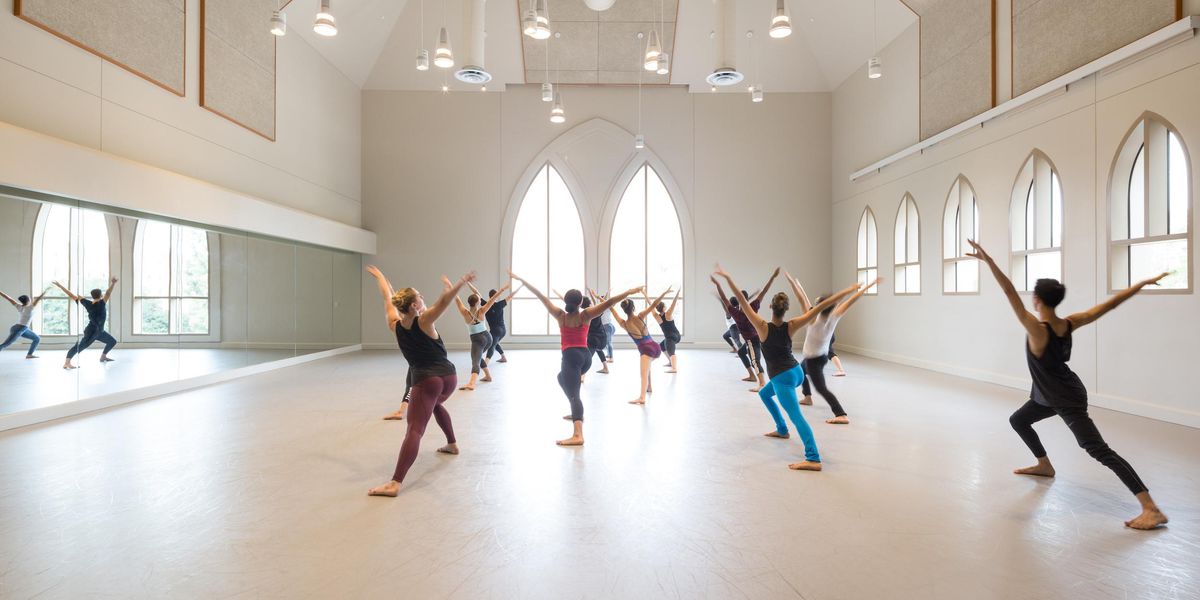Advice For Dancers
My friends say it’s bad to eat at bedtime. Is that true? I refuse to dance on a full stomach, so I always eat my biggest meal after performing, which means I eat pretty late. I don’t have a weight problem, but I don’t want to gain extra pounds.
—Nighttime Eater, Toronto, Canada
Relax! Fad diets are notorious for their long list of do’s and don’ts. These can range from when to eat to how to eat according to your blood type or body shape. There’s no actual science to back them up. It comes down to the number of calories you consume versus the number you expend in daily activities that really matters. There are, of course, advantages to spreading your meals out during the day, according to nutritionists who work with dancers. During busy rehearsal days you can bring small meals to the studio, such as a turkey sandwich, carrots dipped in humus, or almonds with an apple, and refuel as the need arises. Besides stabilizing your energy level, eating food every three-to-four hours can curb cravings. If you do want to stick with having a late post-performance dinner, you’ll be happy to know that you actually burn about 50 calories an hour while you sleep.
I’ve had heel pain for months. My doctor tells me that it’s an inflammation on the bottom of my foot called plantar fasciitis. Is this a common problem in dancers? It’s freaking me out, although I’m icing it and stretching, which seems to help.
—Lisa, San Diego, CA
Sad but true, jumping and landing can lead to your injury, and it takes a while to recover from it. This area of your foot acts like a spring in your arch, with a tough band of tissue that runs from the ball at the base of your toes all the way to your heel. Dancers who jump on a hard floor can develop a problem over time, and a sudden hard landing may produce an acute strain or partial tear. According to foot specialists, the key sign is early morning pain: It feels like you’ve stepped on a carpet tack when you get out of bed. The good news is that it rarely needs surgery to heal. Instead, an orthopedist may suggest a night splint to hold your ankle up during sleep, as well as heel cups in your walking shoes. Ice is also good: Try 20 minutes several times a day during the acute phase, followed by stretching frequently after it has healed.
Recently, my 14-year-old student auditioned for a summer program, only to be told that she needed to lose 15 pounds. She’s highly talented, but doesn’t have the perfect body. Since her audition, I have seen the spark in her eyes die. Is it appropriate for teachers to talk to a young girl about her weight when it has such a big effect on her body image and self-esteem?
—Concerned Teacher, New York, NY
Usually I would say not. However, now that the damage is done, you need to reassure your student by stressing her effort and progress. A negative body-image is a major risk factor for developing a serious eating disorder. Dance programs that take a harsh approach to weight can set high-achieving dancers on a self-destructive path. Not only is it normal for teenagers to gain weight before growth spurts and puberty, but also 70 percent of everyone’s body mass is predetermined by their genes. That doesn’t mean dance programs should ignore teaching fitness and nutrition, but the emphasis should be on health. By all means tell dancers how cardio workouts help to build stamina and prevent fatigue-related injury—just don’t focus on weight loss. Remember, when all is said and done, beautiful dancers come in all shapes and sizes. Talent is the magic ingredient. No one has the right to make a dancer feel ashamed of her body.
I have had two stress fractures since I began dancing. My doctors tell me that the main problem is that I don’t get my period. I’ve had my bone density tested and I know they’re right; I haven’t reached a 17-year-old’s typical bone mass. What do I do?
—Jessica Cleveland, Ohio
This is a tough question, with no easy answers. Weight gain is the best way to get your body functioning normally, although some doctors may also advise dancers with a history of stress fractures to take oral contraceptives, which are synthetic hormones. The dilemma is that they may not increase your bone density—the jury is still out. You can’t go wrong by achieving a healthy weight, eating right, and taking sufficient amounts of calcium with vitamin D, as long as you start menstruating. If you are opposed to taking supplements, a nutritionist can help you add natural food sources, such as low-fat dairy products and dark leafy green vegetables. Ask your doctor to steer you in the right direction.




